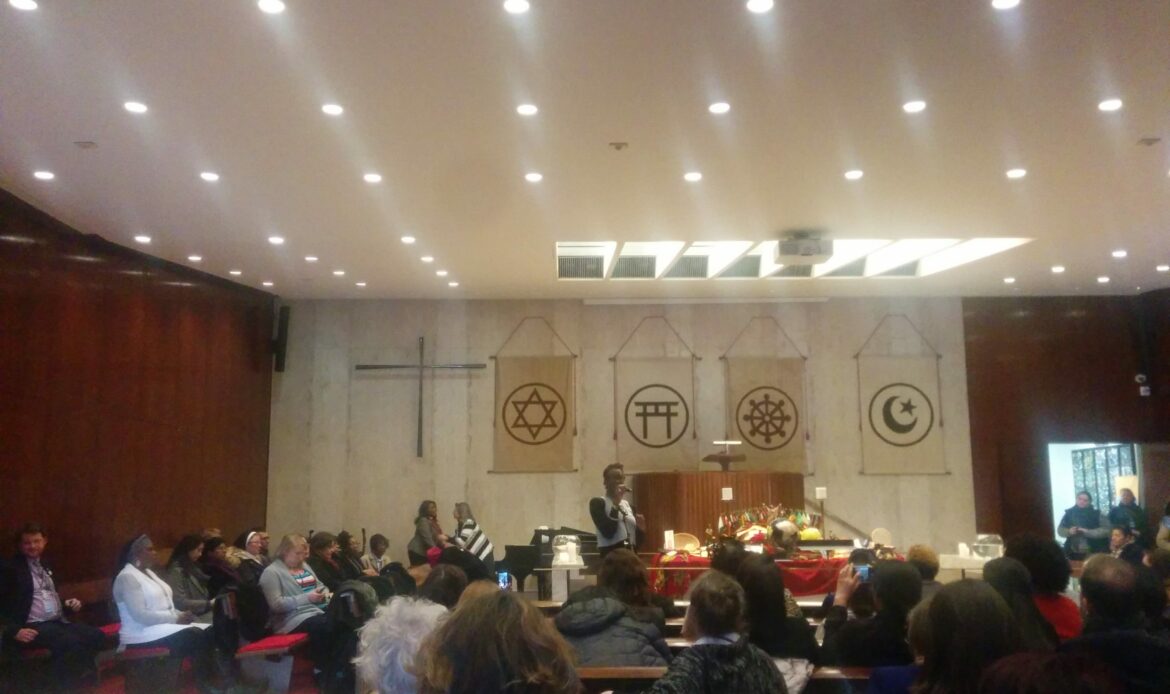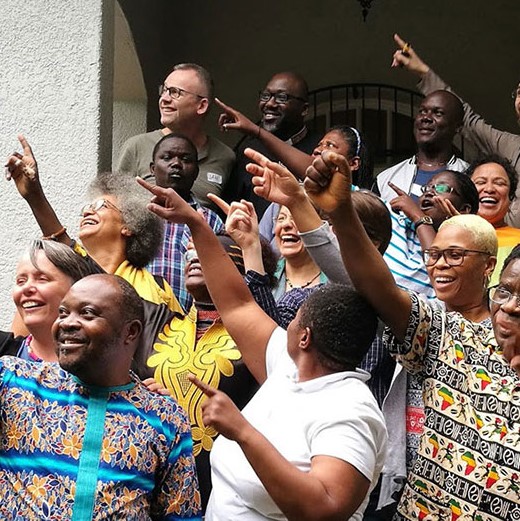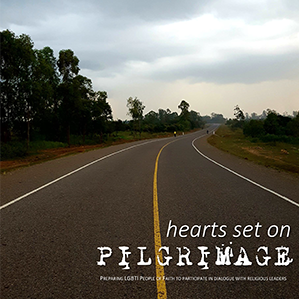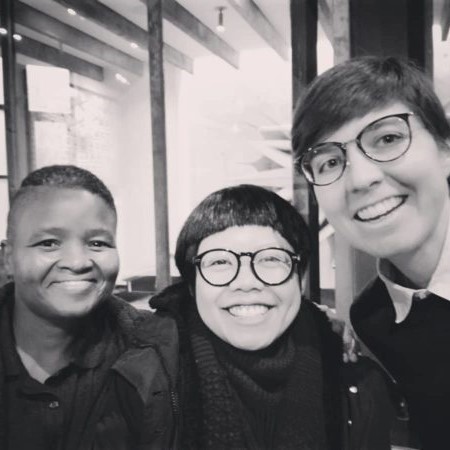GIN-SSOGIE had the pleasure of attending the sixty-first session of the Commission on the Status of Women (CSW61) which took place at the UN HQ in New York in March 2017. Representatives of Member States, UN entities, and ECOSOC[1]-accredited non-governmental organizations (NGOs) from all parts of the world were invited to attend the session, with the aim to share good practices, experiences and lessons learned, around the core theme “Women’s economic empowerment in the changing world of work”.
The aims of CSW61 were firstly for all UN Member States to come to agreed conclusions, negotiated by all UN member States on actions around the theme. CSW61 was created as a space for agreeing to key actions to be taken by governments and other stakeholders to accelerate the full and effective implementation of the Beijing Platform for Action, for gender equality and women’s and young girls’ empowerment. Secondly, many side-events were also organized for all stakeholders to gather, including non-accredited NGOs, and exchange perspectives on specific topics around the themes chosen for CSW61.
GIN-SSOGIE took part in most SOGI and faith-based side events and civil society meetings which were taking place in the first week of the meeting. We were extremely happy pto attend CSW61 including for the following reasons:
- To take part in very rich conversations and debates revolving around LGBTI rights and faith-based issues;
- To meet stakeholders from civil society, faith communities, international institutions, from all over the world, which enabled us to continue to introduce GIN-SSOGIE and build relationships;
- To continue working with partners within the UN space, including on the visibility of faith-based and LGBTI rights within it;
- To gather resources and information for our programs, including our upcoming seminar series on Family and Traditional Values (a program developed over 2017-2018).
CSW61 thus gave us the opportunity to dig deep, and have some crucial conversations regarding our work and its foundations. Some important conversations we had with activists and researchers revolved around the values and foundations of our human rights work, and what some policy researchers and advocates name, “circles of power”. To present this concept briefly, our work in human rights and in the fight for respect and dignity, can be schematised as circles of identities (based on religion, ethnicity, race, SSOGIE etc.) with the need to bring to the centre, those who suffer the most from discrimination, violence, marginalisation and invisibility.
In our ongoing work, reflection and discussion are crucial, requiring us to ask ourselves: Why do we carry out work in human rights? Why is it important for us that all people feel empowered and have access to dignity? What values and foundations are we basing ourselves on? Historically-entrenched violence and inequalities need to be healed, at the core, in all parts of the world. And for this, we need to hold ourselves accountable, and to come from a place of knowing that full rights and equality for all, are essential for everyone: because a system of oppression is oppressive to all, including to those who perpetuate it. Our work is therefore to aim to replace at the centre, those who have historically been most oppressed.
What it involves is the way we carry out our work, the types of partnerships and collaborations we form, the knowledge we base ourselves on, the way we look at each other’s history and what we choose to highlight, including traditions and cultures. And this requires strong political will and commitment, our leaders voicing their outrage, and changing ongoing socio-economic systems which maintain long-standing oppression and discrimination including against LGBTI people of faith. This is why at GIN-SSOGIE, we continue to strive to train, empower and amplify the work of faith-based LGBTI leaders particularly from the Global South, to increase the visibility and empowerment of the global faith-based LGBTI movement, and channel information also to high-level fora in order for policies to better reflect the lived realities of millions of human beings, based on values of compassion and care for all, and for a deep re-equilibrium of forces and powers within social and political systems.
[1] ECOSOC-status is a consultative status to the United Nations which provides NGOs with access to not only the Department of Economic and Social Affairs (ECOSOC), but also to its many subsidiary bodies, to the various human rights mechanisms of the UN, ad-hoc processes on small arms, as well as special events organized by the President of the General Assembly.





